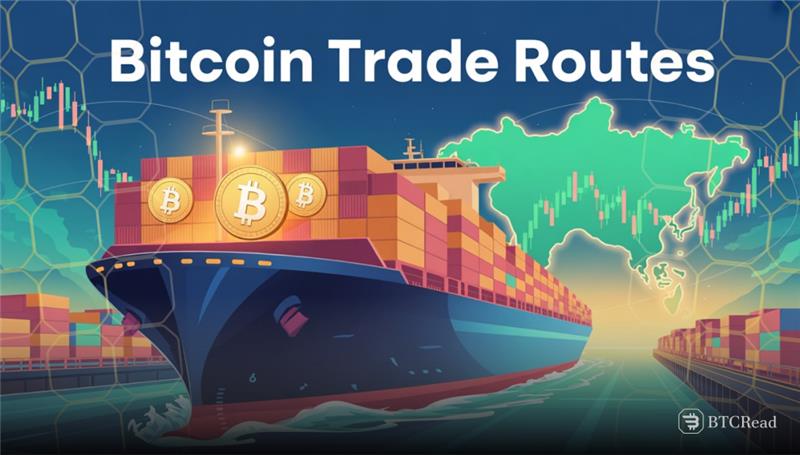Panama City’s mayor wants ships crossing the Panama Canal to pay in Bitcoin. Mayer Mizrachi called the idea brilliant in a recent statement. He backed a proposal that offers reduced fees for vessels settling payments in Bitcoin. The plan targets canal fees, one of the country’s biggest revenue sources.
The idea came from Max Keiser, a Bitcoin advocate and advisor to El Salvador’s president. He believes Panama could build a strategic Bitcoin reserve by offering discounts to shipping companies. If ships choose Bitcoin over fiat currency, the government can collect Bitcoin in steady amounts.
Panama canal Bitcoin shift could boost economy
This could help the country gain a valuable asset while encouraging global crypto adoption. The Panama Canal earns about $5 billion every year. It is one of the world’s most important trade routes. Around 13,000 to 14,000 ships pass through the canal each year.
It connects the Atlantic and Pacific Oceans over an 82-kilometer stretch. Even a small shift to Bitcoin payments could boost reserves and add value to Panama’s economy. Mizrachi’s support fits into Panama’s larger digital asset push.
The country has already passed laws to regulate and allow cryptocurrency use. The rules permit people to use digital assets in financial transactions. They also set standards for service providers working with crypto. These measures align with global financial norms.
Bitcoin plan could boost Panama’s global role
The discount idea could strengthen Panama’s role in global finance and shipping. It adds another reason for companies to consider Bitcoin as a payment method. If successful, it would also place Panama among the few countries directly linking national revenue to digital currency.
This move would not only modernize the canal’s payment systems but also help Panama collect Bitcoin without buying it from the market. The plan has not yet been approved by the Panama Canal Authority. But Mizrachi’s backing gives it weight and visibility.
If adopted, the strategy could make Panama a leader in state-level crypto integration. It would be a rare example of using digital money for international infrastructure payments. The proposal remains under discussion, but it signals a bold shift toward crypto-powered governance.







